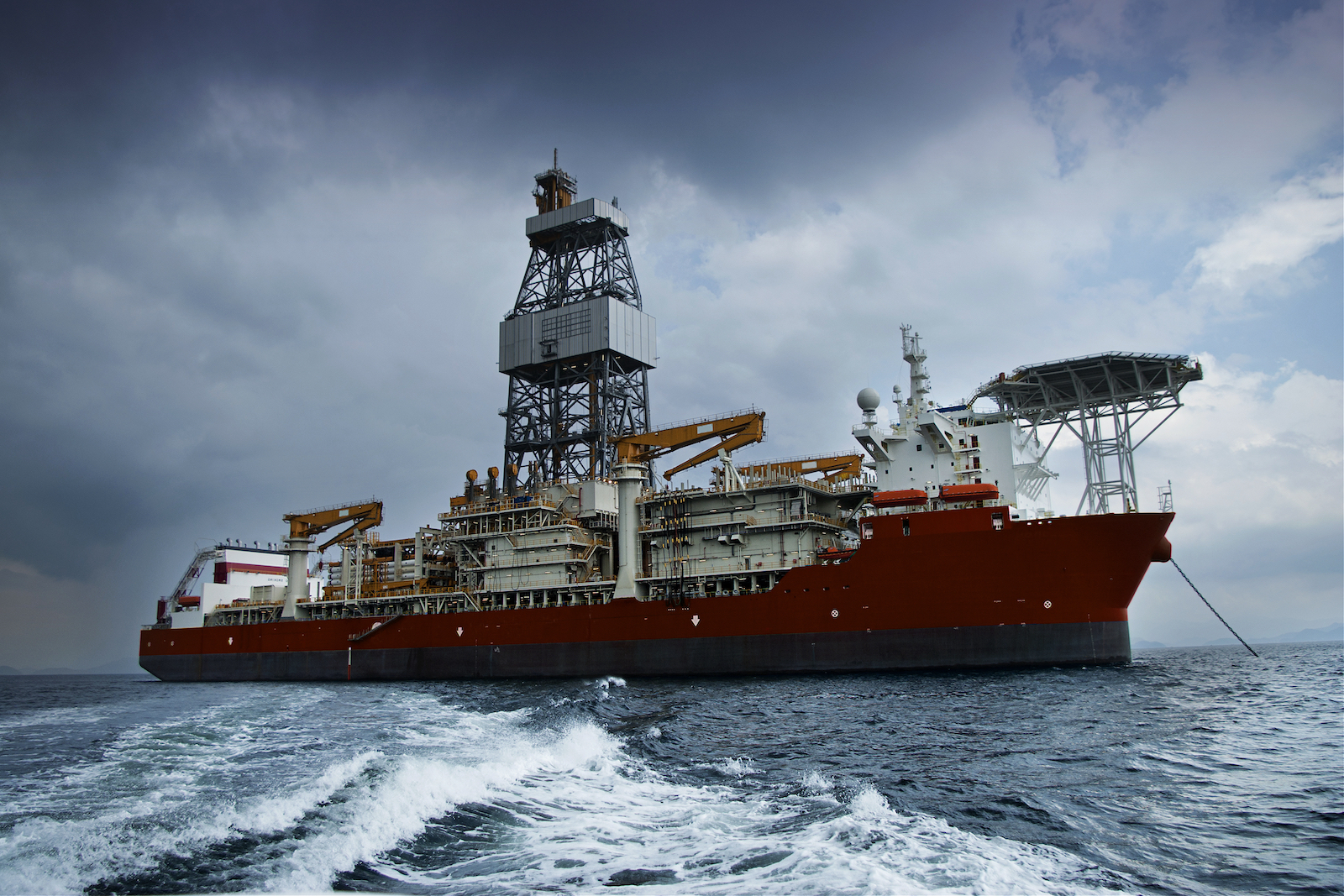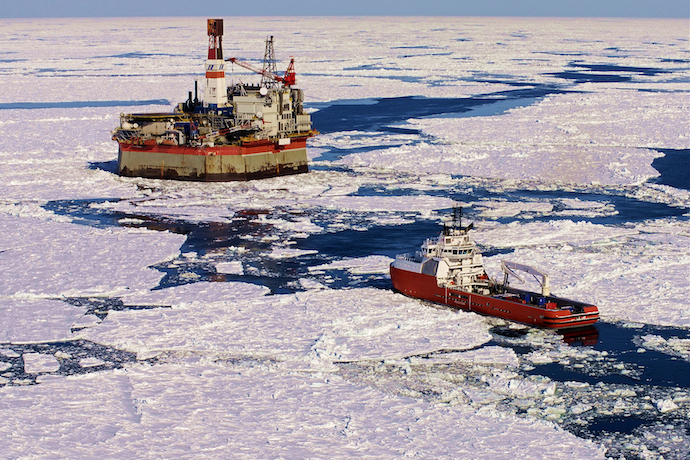
Norway Sets a Dangerous Precedent in Plundering the World’s Oceans
Norway has become the first country to approve the mass exploitation and destruction of its marine ecosystem. Last month, I wrote about the existential threat the world is currently facing from deep-sea mining. Now, Norway has approved deep-sea mining within its territorial waters, in an area of 1,081,086 square miles, an area bigger than the United Kingdom.
Experts have met this with fierce resistance, with more than 800 marine experts from 44 countries stating the effects will be “irreversible on multi-generational timescales” both in and out of the water. Despite the evidence, Norway and other countries are pushing for deep-sea mining because they believe that large deposits of metals, including nickel and cobalt, on the seabed are the answer to our current critical mineral shortage. While mining companies will still need to submit proposals before any extraction operations can commence, the world is watching to see how Norway proceeds as other countries look to follow suit.
While a country has certain freedoms within its territorial waters and exclusive economic zones, the International Seabed Authority (ISA) regulates mining in international waters, and it is here that the full extent of potential destruction is at stake. The race is on between countries that wish to exploit the oceans and those that want to protect them, with both sides trying to sway the opinion of the ISA, who are on the clock to finalise the regulations for deep-sea mining no later than 2025.

The Metals Company, a Canadian venture previously known as DeepGreen Metals, is at the forefront of the International Seabed Authority’s 2025 regulatory deadline for seabed mining. Through partnerships with Pacific nations including Nauru, Tonga, and Kiribati, the company has secured exploratory rights in the mineral-rich Clarion-Clipperton Zone. Their application to commence mining, if approved, could set a precedent for the industry.
As the globe grapples with a pressing mineral shortage, the urgency to explore new sources is palpable. The Metals Company asserts its mission is to sustainably harvest critical metals to ‘close the loop’ on supply deficits before advocating for a cessation of deep-sea mining. Yet, details on the volume of resources required and the potential long-term ecological footprint are scarce, raising questions about the unforeseen consequences of their extraction methods.
The company’s initiatives have sparked a debate on environmental stewardship and economic necessity. There’s a growing consensus that while innovation in resource extraction is crucial, it must not come at the cost of irrevocable environmental harm. The situation calls for a judicious approach, with a focus on transparent assessment of environmental impacts, rigorous regulatory frameworks, and an unwavering commitment to preserving the integrity of our oceans for future generations.
What is required is an international moratorium or ban on deep-sea mining. While more than 30 countries support a ban, global industry leaders, including Norway, China, the United Kingdom, and the United States, support deep-sea mining. What these countries rely on is that humanity is more concerned with our technological addiction than protecting our planet. Despite the looming impact of deep-sea mining, it is still an afterthought in public opinion, and this must change.
It is still possible for Norway to reverse course and lead the way in protecting our oceans, but it will require significant pressure from governments and citizens alike. The steps taken today will set the tone for the next hundred years, and there is no doubt that when people look back at those who exploited the planet, countries like Norway will be seen as irresponsible, having ignored all the facts for short-term gain.

